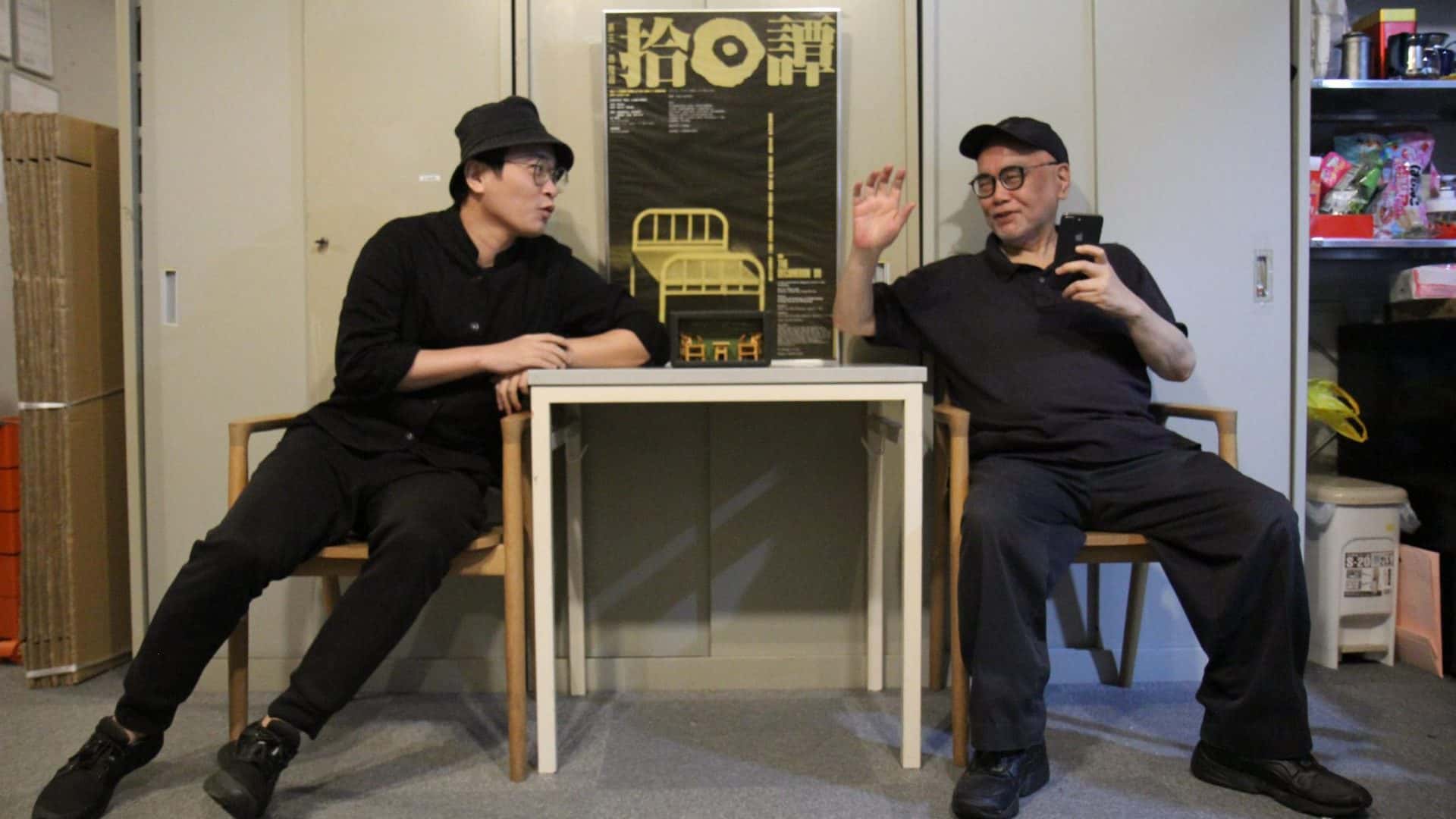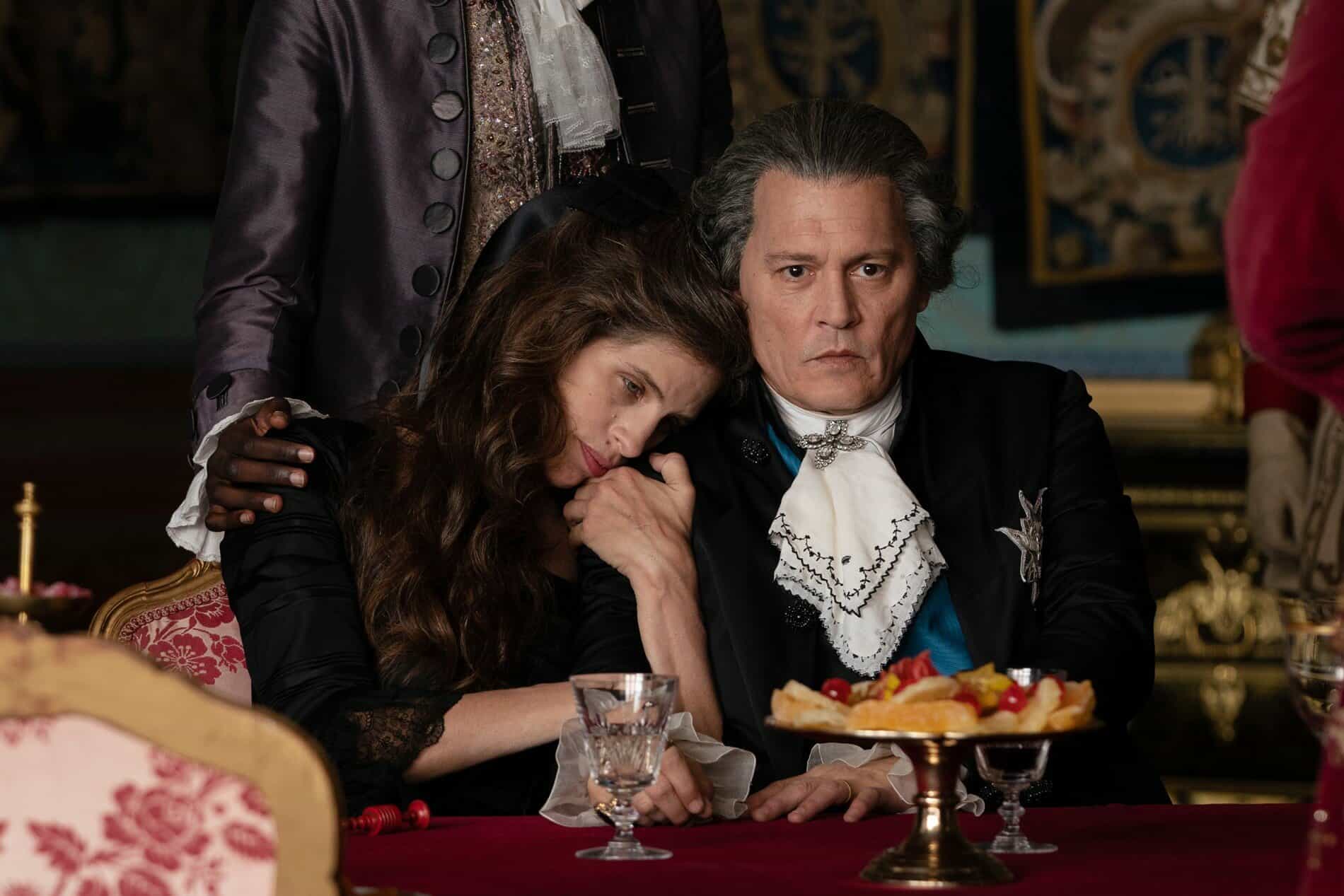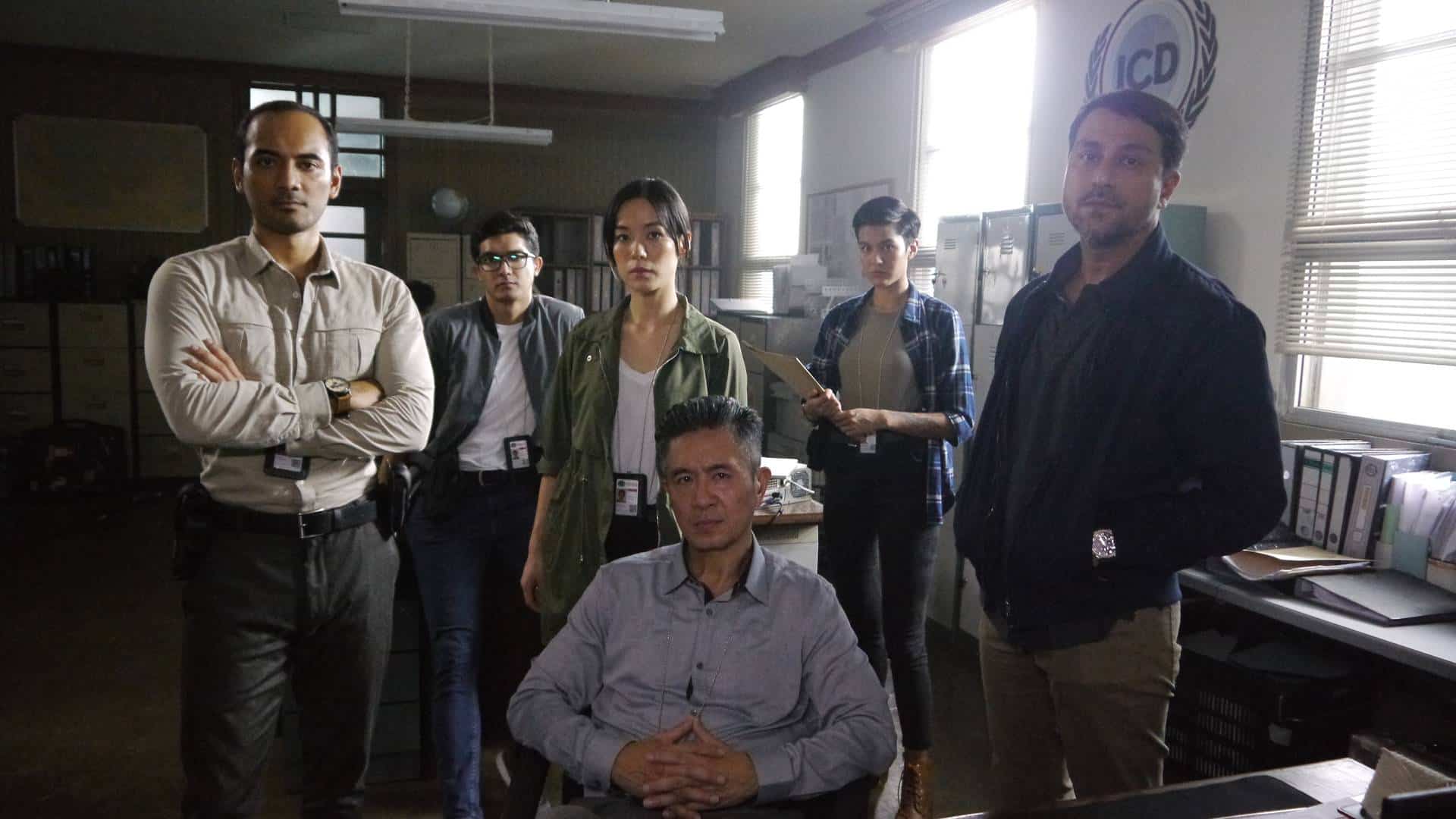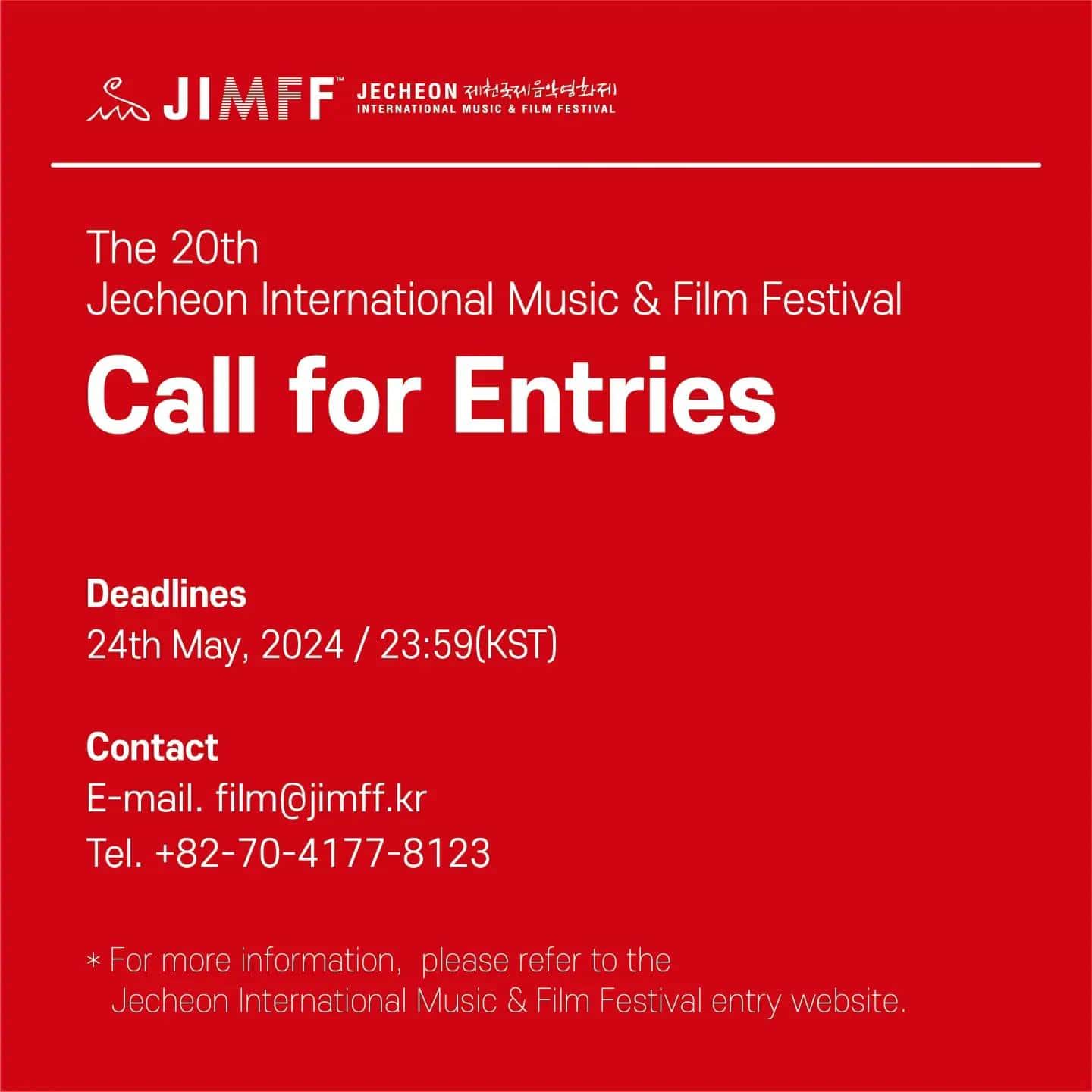Mostofa Sarwar Farooki is a Bangladeshi film director, screenwriter and film producer. Farooki is considered one of the leading figures to bring modernism/realism in Bangladeshi Cinema, those who have bridged the gap between escapism and reality. “Mostofa Sarwar Farooki could be the next South-east Asian filmmaker to break out”, The Hollywood Reporter wrote in the review of his film Television. Variety's Jay Weissberg wrote. “Mostofa Sarwar Farooki is a key exemplar of Bangladeshi new wave cinema movement”. He is also the pioneer of an avant-grade filmmakers' movement called “Chabial”.
He is a young director in Bangladesh who has set a new trend in terms of presentation and direction in the late 1990s. His first two films, which he considers to be an educational effort, were Bachelor (2004) and Mad_e in Bangladesh (2007). His third film Third Person Singular Number (2009) was premiered in Busan International Film Festival (2009). It had its European premier in International Film Festival Rotterdam (2009), It was also in the official competition in Middle East International Film Festival (2009) (Abu Dhabi).
Farooki's body of work address such themes as middle class angst, urban youth romance, deception-hypocrisy and frailty of individual, frustration about the confines of one's culture and conservative Muslim concepts of guilt and redemption.
On the occasion of his film, “Saturday Afternoon” screening at London Indian Film Festival, we talk with him about Bangladeshi cinema, religion and other social topics, his reasons for shooting the film in a single shot and other topics.

I would say that right now, you are probably the most renowned Bangladeshi director. Do you feel any pressure, for being the main “representative” for the country's cinema? In general, how is the situation with Bangladeshi cinema at the moment?
Thank you for being so kind but I have no idea where I stand. I have never thought about this. But in a way, every artist represents a time and geography. From that point of view, maybe yes, I am one of the representatives. As for the present situation, we are going through a transition period. Lots of young filmmakers are coming up with fresh dreams and approaches. If this flow continues, and if those films can reflect our time, then we have a potential to emerge as a filmmaking nation.
Why did you choose to shoot a movie about the Dhaka incident in 2016? How did you experience personally this particular terrorist attack? In general, what is the political and social situation in Dhaka at the moment? Would you say it is safe or is violence still at large in the area?
I have tried to find an answer to the question ‘what prompts me to make a film on some things and to not make a film on some other things'. I think it's not easy to explain. It probably has something to do with the personality of the artist. However, I can share the process of choosing a subject. I live in a certain time and space. I come across lot of incidents, anecdotes, stories, emotions or sometimes just a single image. Some of the incidents or emotions or characters or images stay with me while some disappear with time. The characters or emotions that stays with me, continue to give me sleepless nights, and make me feel feverish, I end up making a film on that and try to transfer the fever on to the audience's shoulder. And hence I get relieved of this. The cafe attack is one such incident which gave me lot of sleepless nights, which prompted me to analyze the currents of Bangladeshi society. This is why I had to make this film.
The film deals with a lot of topics. Religion, origin, the state of women. What is your opinion about these topics? The rhetoric of the terrorists seems ridiculous, but their guns do most of the talking. What do you think the defence of the the non-fundamentalists should be on both regards?
The rhetoric of the terrorists has to be senseless. But I think there are other people too like Raisa, Mojammel, Shahidul, and the Chef from our film. We should talk about them. They are the ones who resist the radicals and their ideas by negating them. Their resistance is very vital. It's because of this kind of people from every race, religion, and color, the world is still a livable place. My film is a tribute to them. I think this speaks about my position!

Why did you decide to use a single shot for the whole movie, and how difficult was the whole procedure? How was your cooperation with Aziz Zhambakiyev and how difficult was for the actors to shoot like that? Can you give us some details about the location the film was shot?
This is a film that has been conceived as a single shot one. Initially, it was a single shot POV film. But then we decided against POV approach. Me and my DP Aziz made preparations accordingly. We planned two things at the very outset. The first thing was the visual look. And the second thing was the editing rhythm. Since it's a single shot film, the editing would virtually be done by camera movement. Like if we pan away from something, we are actually editing it. But all this was planned hypothetically. It all started to come alive when we were doing rehearsals on set in Dhaka. Lots of our hypothetical thoughts were fading away from our minds, lots of new thoughts were finding their place, lots of new challenges were coming our way. It was one hell of a thrill ride for us. And the ride ended only when we finished filming.
You chose not to show the moment of the actual gun shooting, but the victims just after they have been shot. Why?
Because I love to show heat, not the fire.

The cast is multinational. In general, how was the casting process for the film?
I think most of indie filmmakers love to do their casting by themselves. I am no exception either. For me, casting is one of the most important processes. That's the foundation. I spent a lot of time until I finally found the casts. Actually at one stage, I wanted to act myself as one of the characters, when I wasn't finding the right cast. Then I restrained myself and found the right cast.
Are you working on any projects?
Yes, I am working on my long-awaited project “No Land's Man” which I launched in APM 2014. Subsequently, it won script development fund from Motion Picture Association of America and Asia Pacific Screen Awards. It also won best project award in Film Bazaar India. But the project wasn't moving ahead due to financing issues. We are finally on it. Nawazuddin Siddiqui is playing the lead male and he is also one of the producers along three other beautiful souls whom we call producers. We will begin filming at the end of this year and hope to finish shooting by the beginning of next year!














